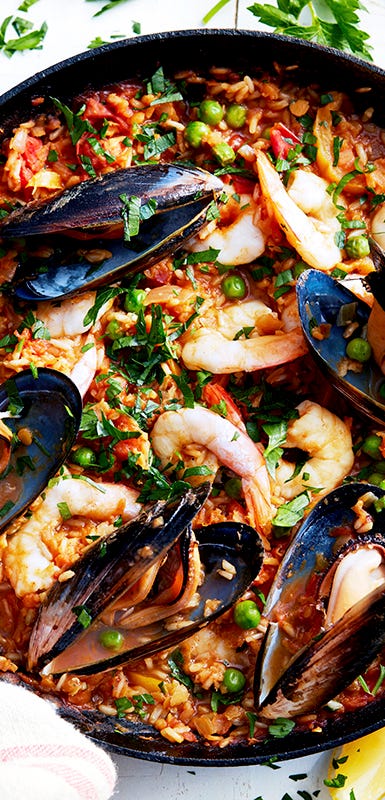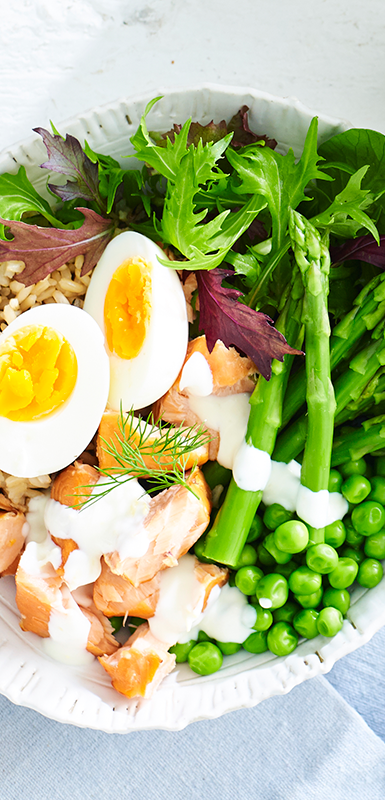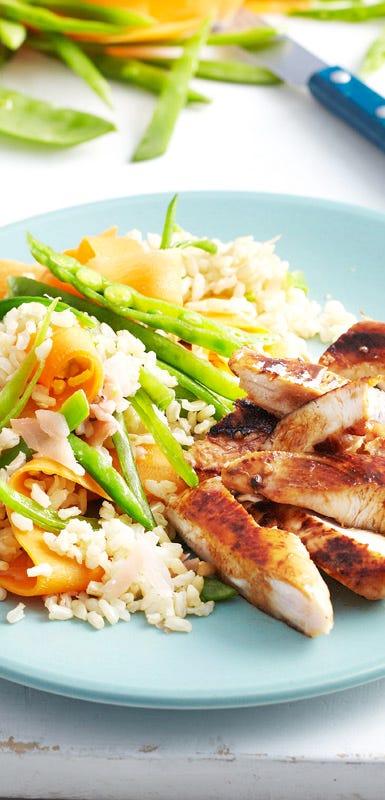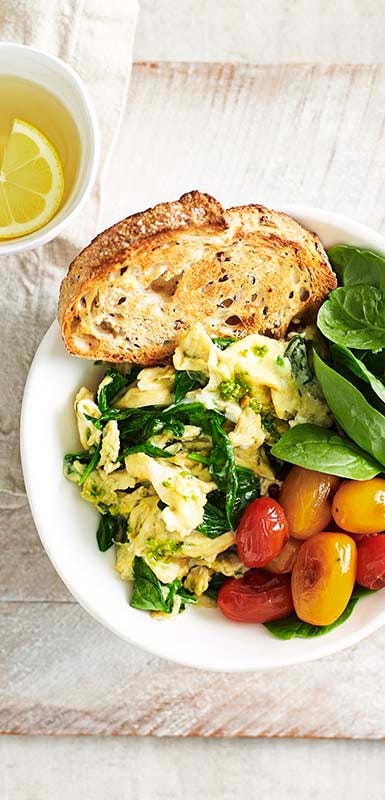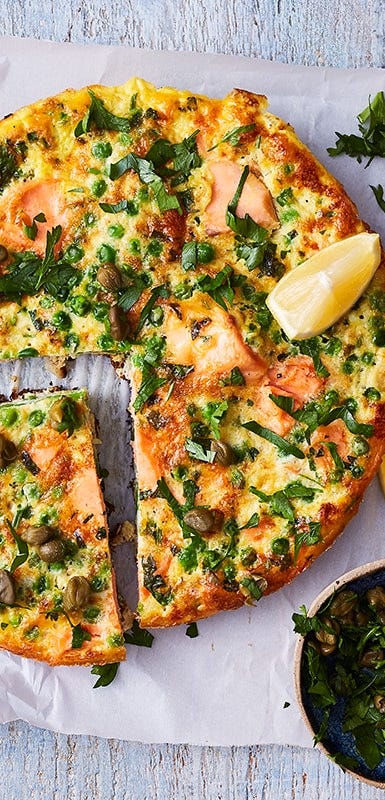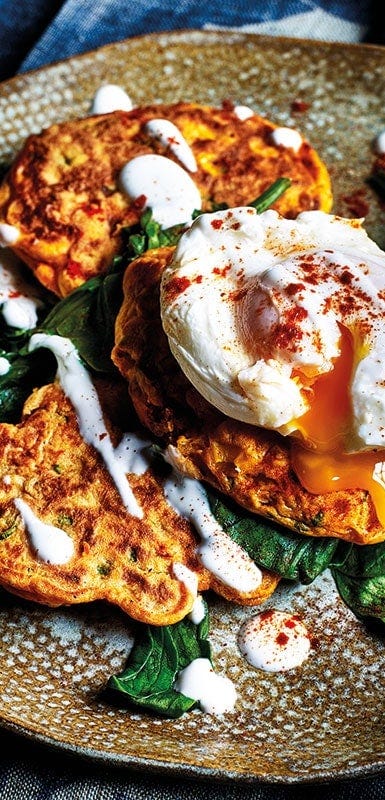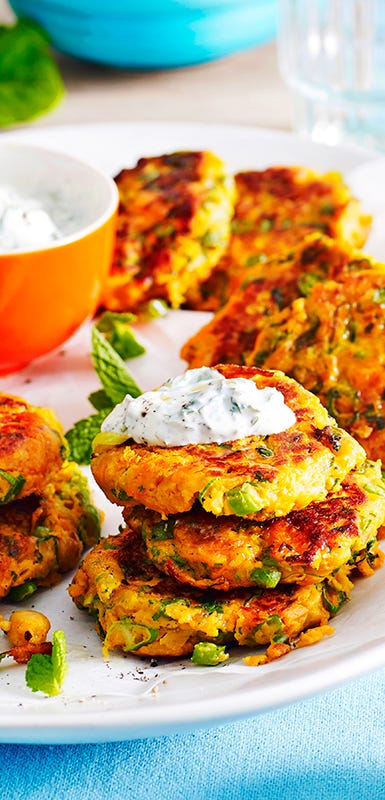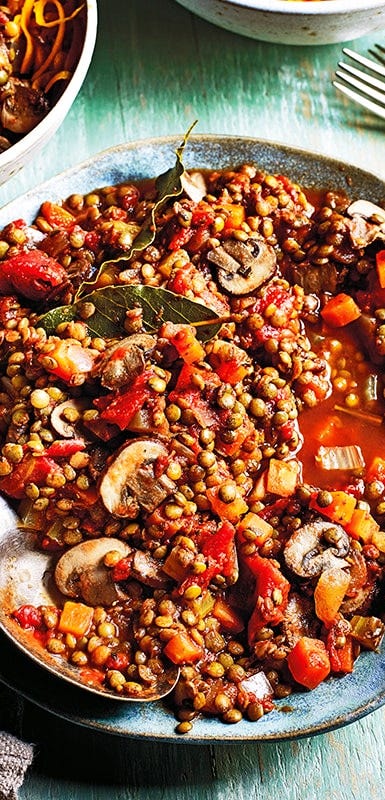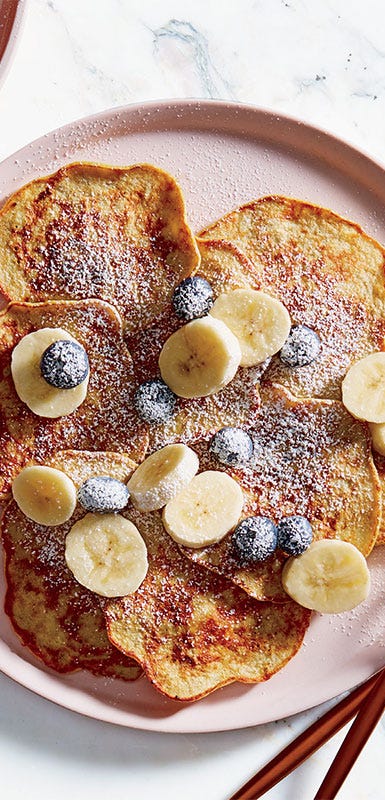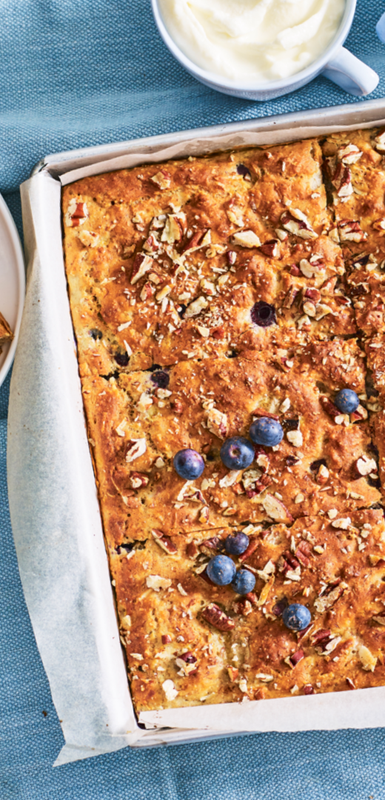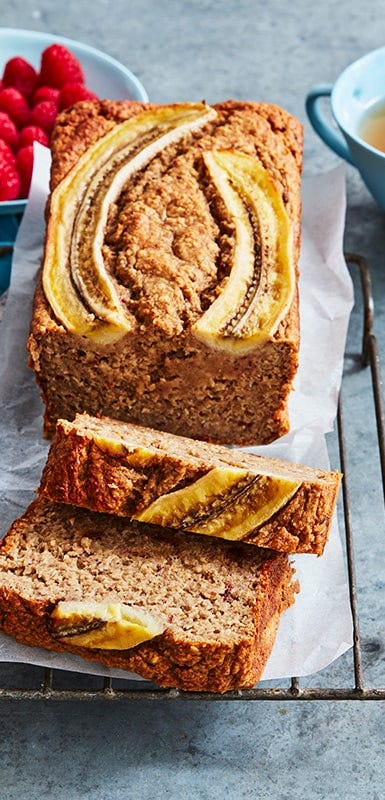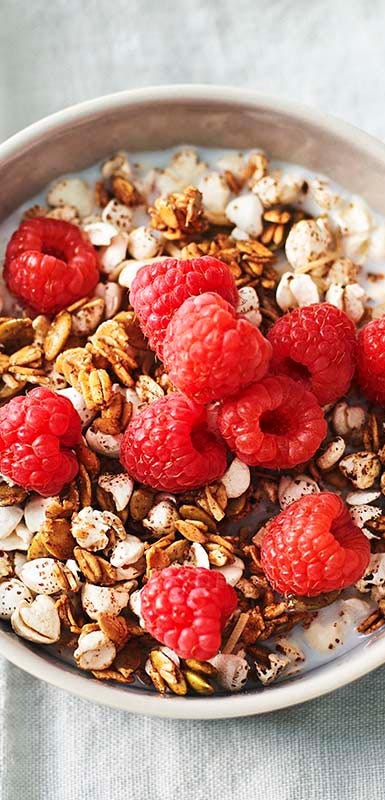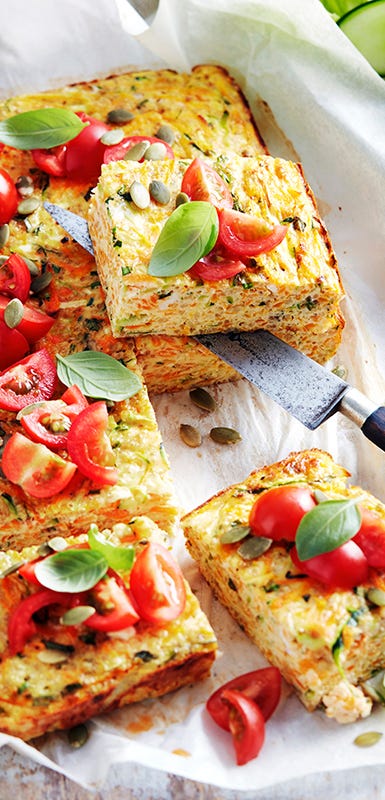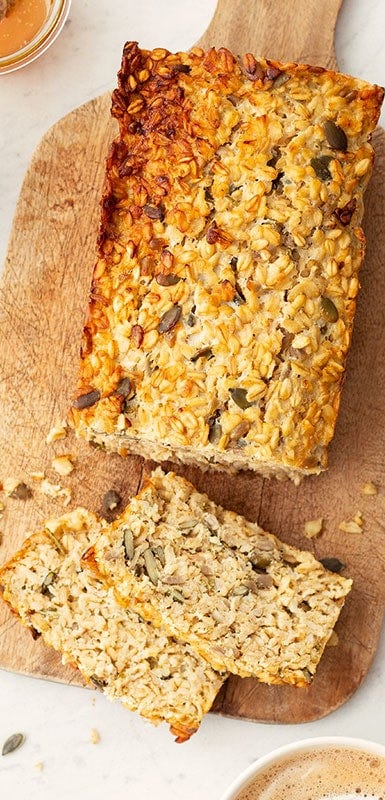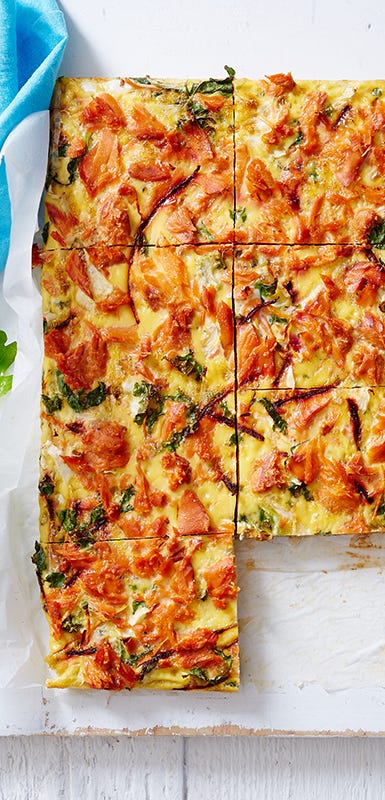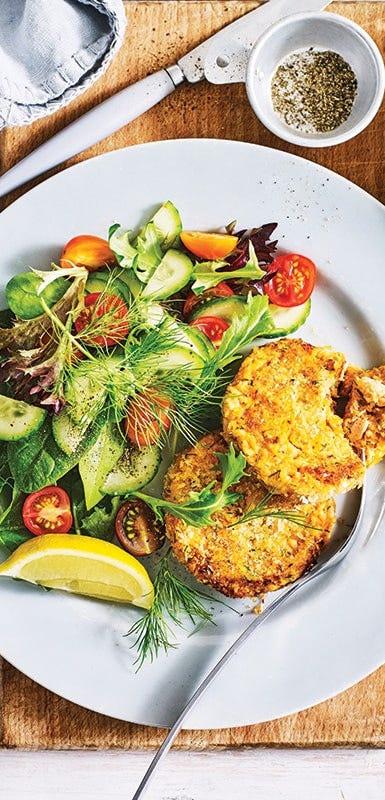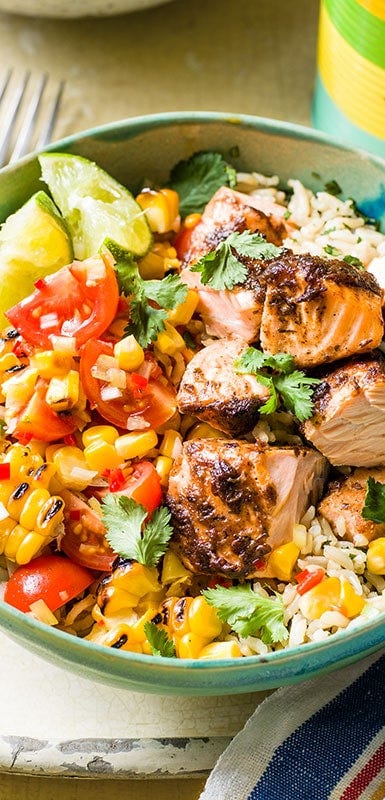6 energy-boosting foods


Foods that can boost your mood
Every food has something going for it, but when it comes to providing energy that lasts, some foods are better equipped to get the job done than others. “The fact is, not all foods are created equal and some contain more of the nutrients that release energy slowly after you eat them,” says dietitian Nicole Stride. “And that’s key, because slow-release energy helps avoid that ‘high’ and ‘low’ spike that can contribute to feeling sluggish and lacking in energy.”
To help maintain and improve your energy levels try putting these foods on the menu at your place:
1. Brown rice
It’s a nutritious way to add fibre to your meals. Plus, if you allow brown rice to cool before you eat it, it also provides resistant starch, a prebiotic that can improve gut health, which may help to improve energy levels all on its own.
2. Eggs
A good source of protein, eggs also contain an amino acid called tyrosine, which may help improve alertness thanks to the role it plays in the production of fatigue-fighting neurotransmitters in the brain.
RELATED: Are eggs good for you?
3. Legumes
A source of protein and slow-release carbohydrates, some legumes, including chickpeas and lentils, are also a valuable source of iron. They’re also high in B-group vitamins, which your body needs to unlock the energy from carbohydrates and protein.
4. Bananas
One medium banana provides nearly 10 per cent of your daily fibre requirements. Plus, bananas also contain a good mix of carbohydrates, vitamin B6 and potassium, a combination that may assist in restoring tired muscles and boosting bored brains.
RELATED: Everything you need to know about bananas, according to a dietitian
5. Pumpkin seeds
These are a good source of protein that you can eat as a snack or add to salads and roast vegetables. Pumpkin seeds are also rich in magnesium, which is a key mineral for energy production.
6. Salmon
As well as being a good source of protein, salmon is also rich in omega-3 fatty acids, which have been linked to reduced levels of both mental and physical fatigue, as well as faster reaction times.
The 3 need-to-know nutrients
Fibre
Research performed in the UK has linked simply eating enough fibre (at least 25-30g a day for the average adult) to a 10 per cent improvement in feelings of alertness. It may be because fibre bumps up the gut’s population of friendly bacteria and keeps you feeling fuller for longer, both of which may help to improve energy levels.
Fibre-rich foods include wholegrains, fruits and vegetables.
Protein
“Like fibre, foods high in protein help you feel fuller for longer and slow down the release of energy after a meal, which helps to stabilise your energy levels in the hours after you’ve eaten,” says Stride. Research published in The Journal of Nutrition backs that up, finding that women who replaced a small amount of carbohydrate-containing foods with protein-rich ones felt they had more energy as a result.
Iron
“One of the main symptoms of iron deficiency is fatigue, so getting enough iron is vital to help maintain your energy level,” says Stride. Australian Bureau of Statistics data shows as many as 40 per cent of women have an inadequate iron intake.
Iron-rich foods include a variety of foods, including lean meat, fortified grains and cereals, leafy green vegetables and legumes.

